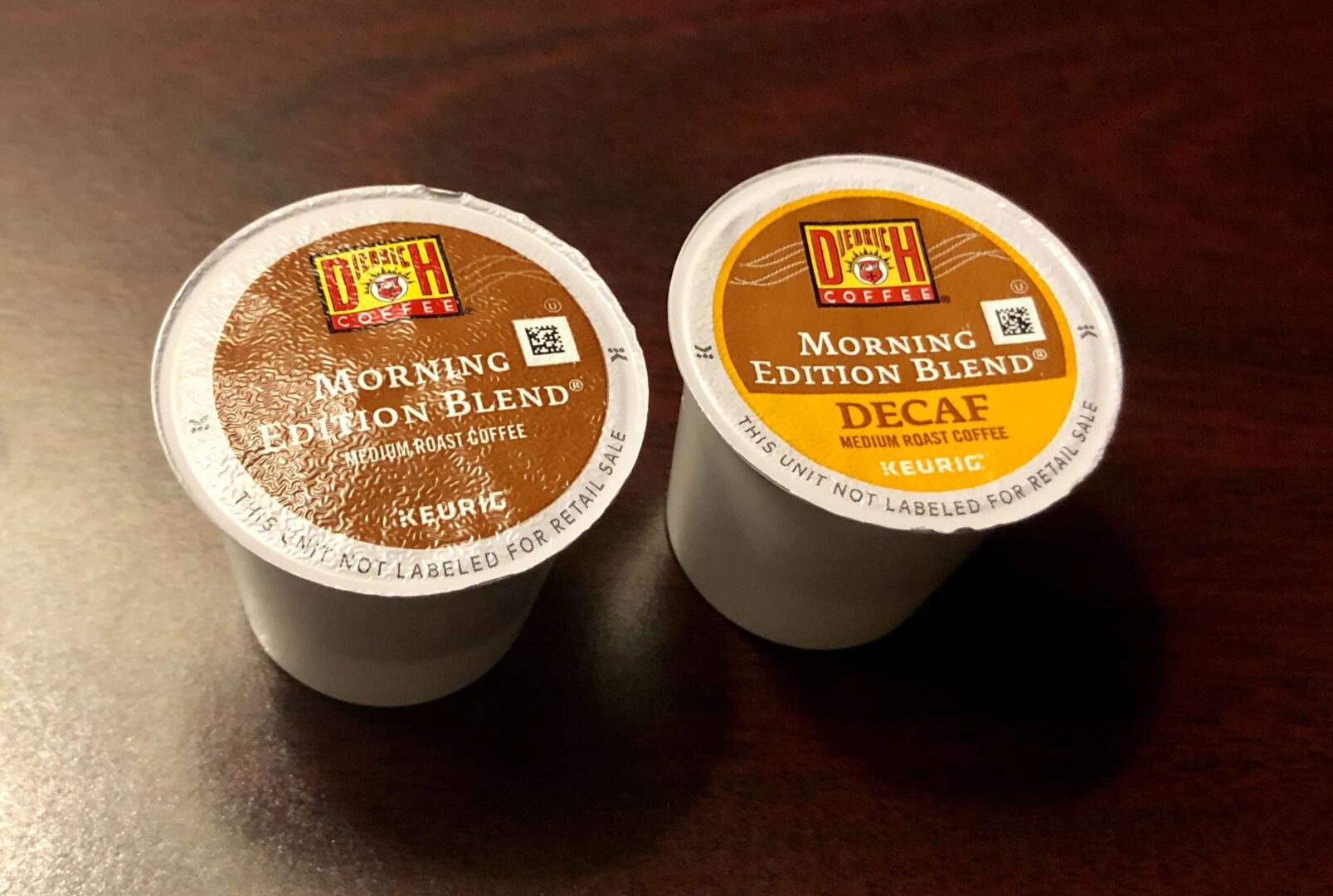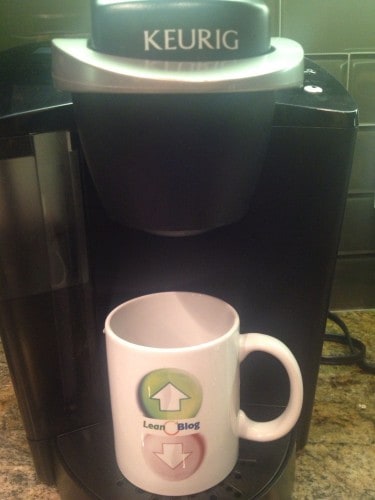This past weekend, an old friend came down from Michigan to spend two days in the Dallas area.
Amongst the activities and catching up, we went bowling — something I did a lot of as a kid and something my friend and I usually do when we get together.
I ordered a drink — not a Lean whiskey, perhaps surprisingly — but this:
“An UN-sweetened iced tea, please”
That's what I said. Not that exciting, I know. We were going to a concert later and I was driving, so I was being careful.
After a frame in the first game of bowling, I took a sip of the tea. Bleccccch, it was SWEET tea.
Listen to Mark read this post (and subscribe to the podcast):
These things happen. Nothing to get upset over. I bet it was a process problem, I thought.
The server, she was mortified.
“I'm so sorry, I must have poured the wrong one by mistake,” she said.
I thought she had misheard
Back to bowling and my tea. A few minutes later, I get back from the lane and see another tea there. AGAIN, it was sweet tea.
When the server came by, I pointed this out and said, giving her the benefit of the doubt:
“Somebody must have mislabeled the dispensers.”
Now, I guess that still sounds like blame, but I wasn't blaming her.
She came back with a third attempt… it was unsweet tea, finally. She said,
“One of the new people put the wrong brew pack in the tea maker.”
It sounds like she was stating facts there, but it still sounds a bit blame-y.
She first blamed herself… then realized that she hadn't been set up for success.
In healthcare, I've seen people tend to blame themselves for systemic problems. Maybe they blame themselves because they care so much and they mean so well. It's possible that they haven't been taught about the role of processes and systems. Perhaps the organization tends to blame people, so they're conditioned to put that on themselves.
If a new employee did indeed make that mistake, was there a lack of training? Are the containers poorly labeled? Are the brew packs poorly labeled if that was indeed the problem?
I've made similar mistakes in hotel rooms with the coffee packs:
As I type this in a hotel room, I noticed that the K-cups have bolder DECAF labeling and color now:

That's an improvement. It's still easy to grab the wrong one, but the packaging is now more clear. It's a form of error proofing, even if it's not going to be 100% effective.
That's because people, even when properly trained, still commit “slips” or mistakes. We're all human, we all make mistakes.
That's why packaging that matters more, like medications, have to be much more clearly distinguished. That's where better error proofing is necessary.
Back to another non-life-threatening coffee mistake, I've put a coffee mug under a brewer UPSIDE DOWN before.
We're all human. We all make mistakes… but some humans are funny, like the person who made me this mug, as I blogged about:

I still use that mug today. And, medication errors still occur in hospitals…
Back to the bowling alley, I wonder how the problem was fixed. Did they fix it? Will they prevent this from happening again — or are they doomed to make this mistake once in a while (bad luck) or every time they have a new employee (bad training)?
Please scroll down (or click) to post a comment. Connect with me on LinkedIn.
Let’s build a culture of continuous improvement and psychological safety—together. If you're a leader aiming for lasting change (not just more projects), I help organizations:
- Engage people at all levels in sustainable improvement
- Shift from fear of mistakes to learning from them
- Apply Lean thinking in practical, people-centered ways
Interested in coaching or a keynote talk? Let’s talk.
Join me for a Lean Healthcare Accelerator Trip to Japan! Learn More




![What’s Your Organization’s Real Mistake Policy? [Poll]](https://www.leanblog.org/wp-content/uploads/2025/07/Lean-Blog-Post-Cover-Image-2025-07-17T085114.134-238x178.jpg)





This reminds me of the Isao Yoshino story when he messed up the paint station in a Toyota plant by putting the wrong paints/chemicals in the paint machines. His managers apologized to HIM for putting him in a position to make an error.
Thanks for sharing that, Dan. I wish more leaders felt that sort of responsibility to their employees.
As our friend and former Toyota leader Darril Wilburn says, “Leaders are responsible for providing a system in which people can be successful.”